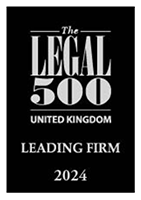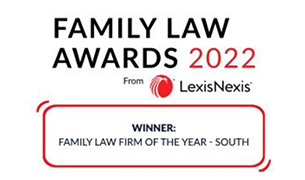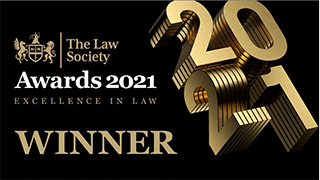
Wine is more than simply a common interest for some couples; it’s a passion, an investment, and, in some circumstances, a big asset. Wine can be a big part of divorce settlements, explains Specialist High Net Worth Divorce Solicitor Rachel Buckley, whether it’s a cellar created over decades or a carefully chosen collection of wines.
Many clients who come to The Family Law Company, especially those with a wealth and who are interested in culture, have complex or unusual assets that need to careful consideration. If you or your partner has put time and money into establishing a personal collection, this is what you need to know.
1. Wine portfolios are thought of as personal property.
In legal terms, wine is an asset that can be taken into account during a divorce. This includes any wine that is kept for investment, enjoyment, or both. When and how it was acquired will determine how it is treated. Was it brought into the marriage, built up together, or inherited?
A well-documented portfolio with records of purchases and storage can assist you figure out if it belongs to the marriage.
2. A professional appraisal is necessary
It’s not easy to figure out how much a wine collection is worth, just like with art or antiques. The value of a wine is affected by the market, where it came from, how it was stored, and its condition. That’s why it’s important to get a professional appraisal from a trustworthy wine specialist.
If both sides agree on the expert consulted, courts will usually accept a formal appraisal from a certified wine appraiser.
3. Dividing the portfolio: What are the choices?
There are different ways to deal with wine in a divorce settlement:
- The two parties separate the bottles or cases based on their value and what they like best.
- One person keeps the portfolio, and the other gets an asset of equal value.
- The whole or portion of the portfolio is sold, and the profits are split.
The best way to handle the situation depends on whether one or both people wish to keep the wine and if they see it as an emotional or financial asset.
4. Making plans ahead of time with contracts
If you have a lot of wine before you get married, you might think about getting a prenuptial or postnuptial agreement. If the relationship ends, these papers can say what should happen to the portfolio.
Even though these agreements aren’t automatically binding, courts are more and more likely to uphold them, especially if both sides received their own legal advice.
5. Emotional value still matters
Wine can stand for things like shared experiences, trips, or accomplishments. This emotional worth should not be ignored, especially in relationships that last a long time.
Mediation or collaborative law can help you deal with these emotional relationships and stay out of court.
A carefully chosen wine collection, or private reserve, is generally made with love and care. When a marriage ends, it’s crucial to handle it with the same level of care. At the Family Law Company our specialist divorce and finance legal advisors ensure our clients receive personalised advise on how divorce can affect your portfolio or how to preserve it.
Need some advice? Get in touch today
"*" indicates required fields
The information submitted here is used and stored for the purpose of replying to the enquiry. For more information on how we process data please visit our Privacy Policy.









